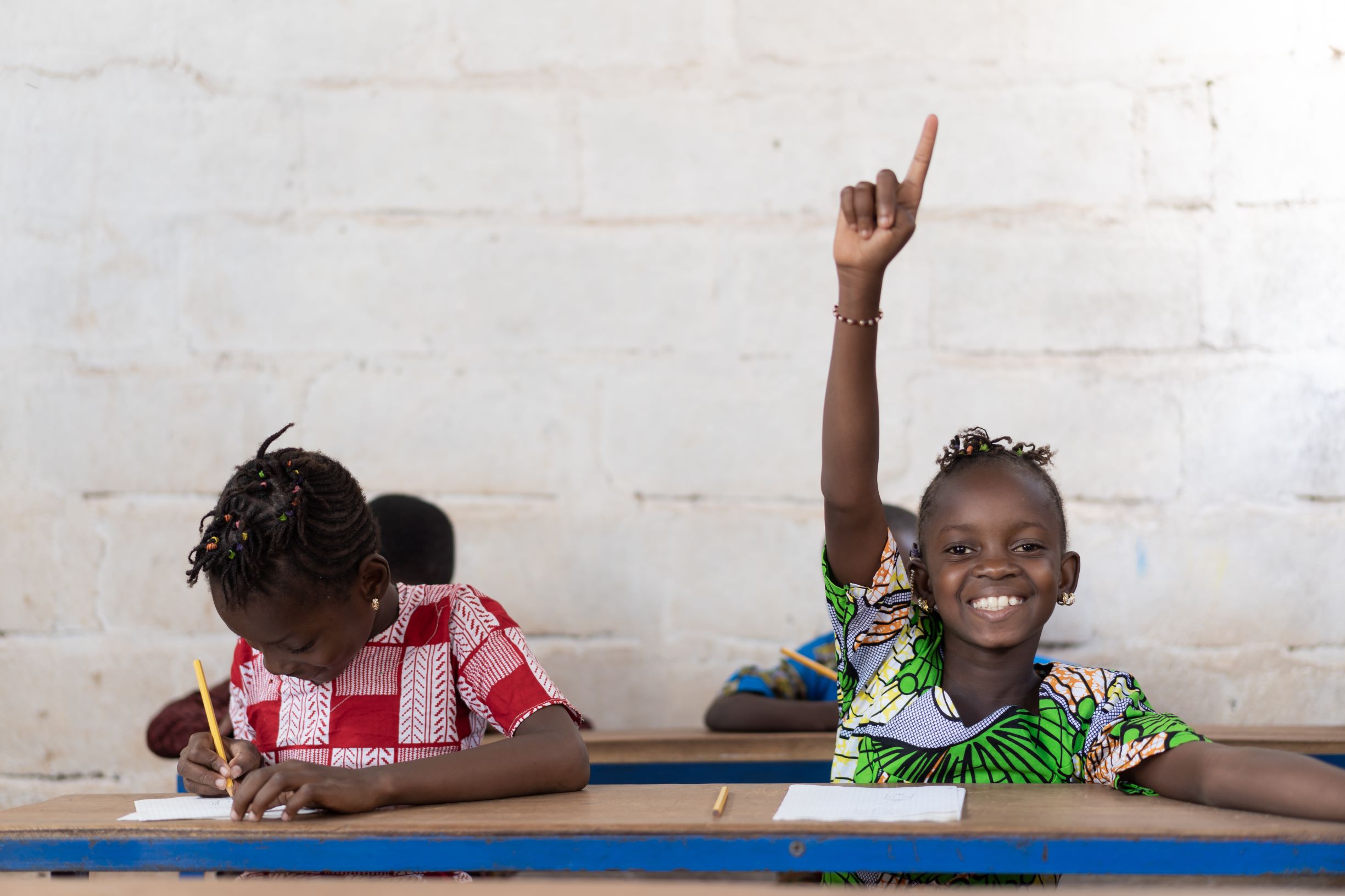
With widening education inequality due to lost instructional time and other COVID-19 impacts, what should education system leaders do about assessment? Are we interested in what is being learned or in identifying what young people are ready to learn? Even before the pandemic struck, many students were learning little from the intended curricula, with half of 10-year-olds in low- and middle-income countries unable to read a basic text. This learning crisis has been greatly amplified during COVID-19 due to lost instructional time. How can assessment support students on their learning journey in an era when students around the world have variable access to in-class instructional time?
For example, some in the education community are arguing that a strong focus on foundational competencies such as literacy and numeracy are more essential than ever, while others see the importance of 21st century skills such as critical thinking, self-awareness, and problem-solving as taking preeminence during these challenging times. This debate has strong advocates on both sides of the issue, and central to the discussion is the role assessment can and should play in advancing children’s learning and holistic development.
On October 20, the Center for Universal Education (CUE) will host a lively discussion to address all of these issues in what will be the first in a series of three events centered around assessment. This first discussion will focus on the assessment goals that are most helpful in supporting high-quality learning for all children, and particularly for children in low- and middle-income countries. CUE will share its insights from collaborative work with six countries across Africa and Asia on assessment strategies that help foster deeper learning and engaging pedagogy in challenging contexts, while also highlighting the complexities of assessment in the era of the pandemic. Panelists will debate the merits and trade-offs of different approaches, and discuss how the pandemic is shaping the debate on assessing learning.
Viewers can submit questions via email to events@brookings.edu or via Twitter at #21CSAssessment.

